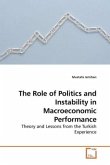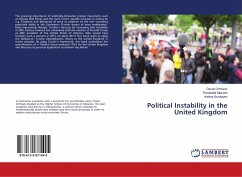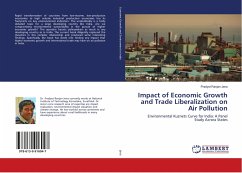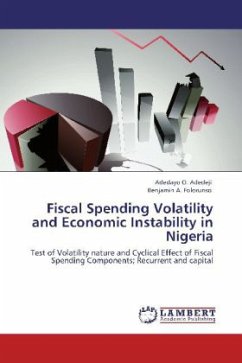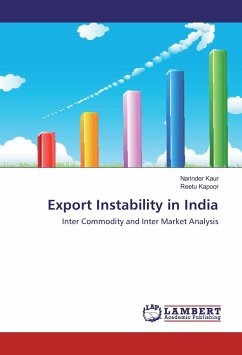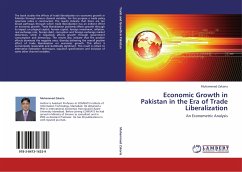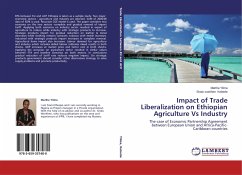The Brazilian trade-oriented policies aim to reverse the negative effects of protectionist policies adopted in the past. Traditional trade theory predicts that trade liberalization brings efficiency, and open countries fare better in the long run than do closed ones, but the short run impacts from trade liberalization might harm the poor. In addition to Brazil having unequal regional distribution of income, with high levels of poverty, excessive price and exchange rate volatility caused by uncoordinated macroeconomic policies among trade partners can affect trade and resource allocation among members of a free trade area. This book takes these concerns seriously by assessing the economic impacts of a reduction in import tariffs on poverty and distribution of income, and also evaluates the role played by the lack of macroeconomic policy coordination and the patterns of trade in the Mercosur and in the proposed FTAA. Poverty and regional income inequality can be reduced through combined trade and tax policies. Less exchange rate volatility can increase bilateral trade. Reduction in the level of tariffs and increase in countries income are also important pro-trade variables.
Bitte wählen Sie Ihr Anliegen aus.
Rechnungen
Retourenschein anfordern
Bestellstatus
Storno


